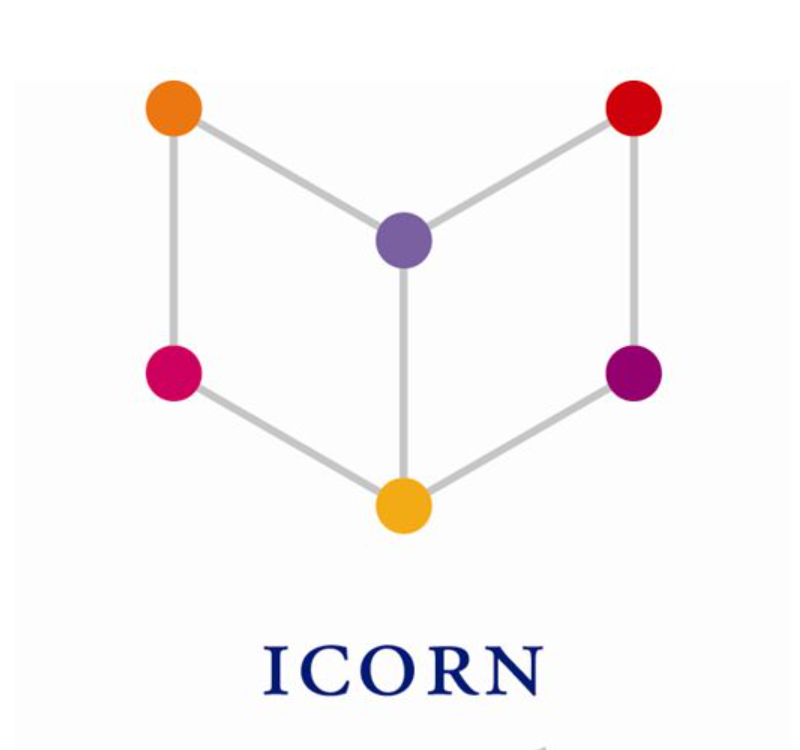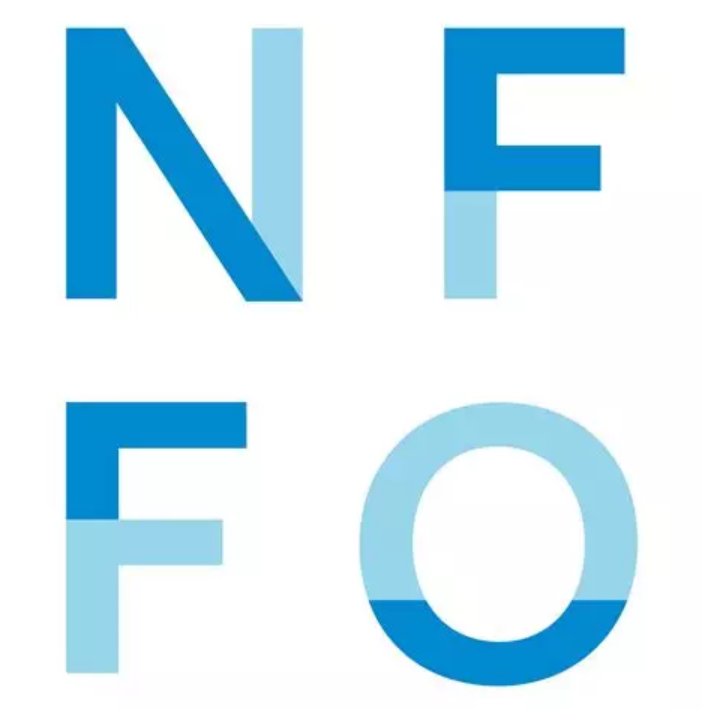Unheard Voices
Untold Stories
Documenting the voices of women who have lived under gender apartheid, endured its impact, and carried their testimonies across borders—ensuring their experiences are heard, understood, and remembered.
Documenting Gender Apartheid
This project exists to document and preserve the voices of women who have lived under gender apartheid and now reside in Norway. Their experiences—of control, resistance, survival, and adaptation—are often unheard, yet they hold vital truths about oppression and resilience. By collecting and sharing these accounts, we seek to create a lasting record of their realities, foster greater understanding, and contribute to conversations about human rights, migration, and equality. This is not just about the past; it is about recognising the ways these systems leave lasting marks, even after escape, and ensuring that these voices are neither forgotten nor ignored. Read More

Gender Apartheid – FAQs
What is Gender Apartheid?
Gender apartheid is the systematic segregation and oppression of women through laws, policies, and social norms that enforce male dominance and restrict women’s rights and freedoms. Like racial apartheid, it creates a structured system of inequality, where one group is given power and privilege at the expense of another. For interviews with those affected visit the Voices – Gender Apartheid
Where is Gender Apartheid found?
Gender apartheid is enforced in countries like Afghanistan, Iran, and Saudi Arabia, where laws systematically restrict women’s rights and freedoms, and exists in varying forms in Pakistan, Sudan, and Yemen. To a lesser degree, gender-based segregation and control persist globally and are increasingly encroaching into Western democracies through regressive policies and rising extremism.
How does it affect Norway?
In Norway, gender apartheid manifests in more subtle but significant ways, primarily through the experiences of women who have fled oppressive regimes. Many carry the lasting impact of segregation, control, and internalised restrictions, affecting their ability to integrate fully into society. Some communities continue to enforce restrictive gender norms, limiting women’s autonomy even within a democratic system.
Why document Gender Apartheid?
By documenting and sharing the voices of those who have lived under these systems, we expose the realities of gender-based oppression and its lasting impact. Education—through personal narratives, discussions, and public engagement—helps challenge misconceptions and deepen understanding of how these systems operate, even beyond the countries where they are most visible. Raising awareness empowers individuals, policymakers, and communities to recognise and resist regressive ideologies, ensuring that gender apartheid is acknowledged, confronted, and ultimately dismantled.





